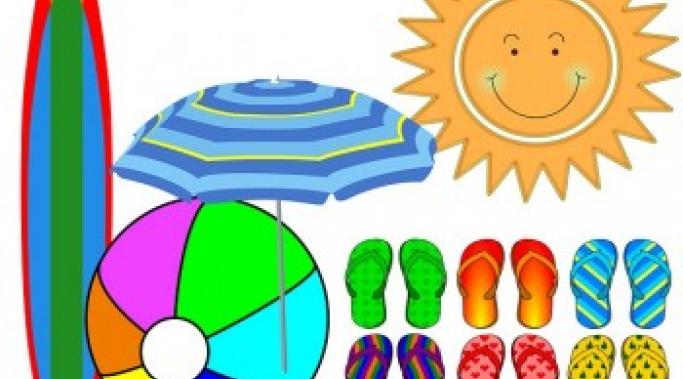Perhaps the stigma of addiction is what perpetuates the idea that we should be able to kick all bad habits on our own, otherwise we are somehow weak or inferior human beings. This notion is particularly dangerous when it comes to fighting deadly addictions because it is not a realistic expectation. Most people die before they learn it's okay to ask for help but we can change addiction stigmas to fight substance abuse.
Sobriety Musings
Forgiving yourself for embarrassing drunken behavior can be tough. Being drunk is one of the most common reasons behind people embarrassing themselves or being stupid. It’s pretty safe to assume that if you have been drunk, you have embarrassed yourself in some small, minor way. And if you’re an alcoholic, you might have some pretty epic stories of nights that ended in a major embarrassment to you or someone else. In some instances, those stories are laughable and can be shaken off or simply shared in jest. In other situations, these are the ghost and horror stories of our drinking days: embarrassing drunken nights never to be admitted or acknowledged in any way because the shame and embarrassment was too great. Embarrassing drunken stories that fueled me to drink more. If I drank more, it would be easy to forget my shame. It took me a long time to forgive myself for my embarrassing drunken behavior.
What kinds of summer fun can you have in sobriety now that the hot weather is here? For many people, the thought of summer also brings romanticized notions of cold beers or getting closer to nature with the help of marijuana. After eight years clean and sober, I've learned that there is nothing I did while drinking that I can't do in sobriety. Summer fun in sobriety is entirely possible.
Is it possible to have fun in sobriety? Once you get sober, you'll never have fun again, right? Leading a boring, sad life is a major fear for many problem drinkers that discourages them from seeking a program of recovery. But the myth that sobriety is dull is completely inaccurate. Here's how you have fun in sobriety.
You need to regain control over your life in early sobriety. At times like this, it's important to listen to the advice made by recovering addicts or recovering alcoholics who have been sober longer than you. A person who can stay sober through break-ups, marriages, deaths of loved ones, changing jobs, bankruptcy, and so on, probably has some good insight on how to cope with early sobriety. Perhaps this advice on regaining control of your life in early sobriety might help.
Even though I am a recovering alcoholic, I can turn into a suffering alcoholic if I'm not careful. As a recovering alcoholic, I sometimes think that I should have my emotions under more control just because I've managed to stay sober for five years. I think that I should be less likely to lose my temper. I imagine that after five years of growth I should be more patient, loving, and kind all the time. In reality, I am just as susceptible to becoming a suffering alcoholic as I was five years ago (Alcoholism Recovery Is the Most Important Part of My Life). So, what is the real difference between a suffering and recovering alcoholic?
It's clear to me now that alcoholism recovery is the most important part of my life. Within the recovery community, especially among those with long-term sobriety, the notion of all-or-nothing pervades our approach to life in sobriety. We all have our own set of priorities, but if we, as recovering addicts, place anything or anyone in a position of greater importance than our sobriety, we run the risk of relapse. As a result, this warning is often shared with men and women when they begin to get their life back in sobriety, "Be prepared to lose everything you place before your alcoholism recovery."
I recently celebrated some general life and sobriety milestones. These are good things; things I should be--and am--happy about. But even positive milestones in sobriety can be emotionally fraught, and that's a potentially dangerous situation for people in addiction recovery.
In recovery, unrealistic expectations and resentments can pose a problem; maintaining sobriety is much more than simply not drinking one day at a time. Certainly, that's all most alcoholics can handle at first. But to be truly happy in sobriety, recovering alcoholics eventually have to work on developing emotional sobriety. One of the biggest culprits affecting my emotional sobriety is resentment towards others. I have also been warned that resentments often lead to addiciton relapse if not dealt with and resolved. Here I discuss managing sobriety expectations and resentments.
Early in recovery, a young woman who had gotten sober several years before me gave me some good advice. She said that when I felt like drinking, I should make a list of possible actions I could pursue and rank them in order from least destructive to most destructive. Actions such as praying or taking a bath would probably rank high on the list, while drinking and suicide would come in last. In the middle, I might list such things as shirking responsibilities to watch TV all day or going on a reasonable shopping spree. (I should mention, I have not struggled with shopping addiction.) When I felt the urge to drink or use, I was to start at the top of the list and work my way down.








